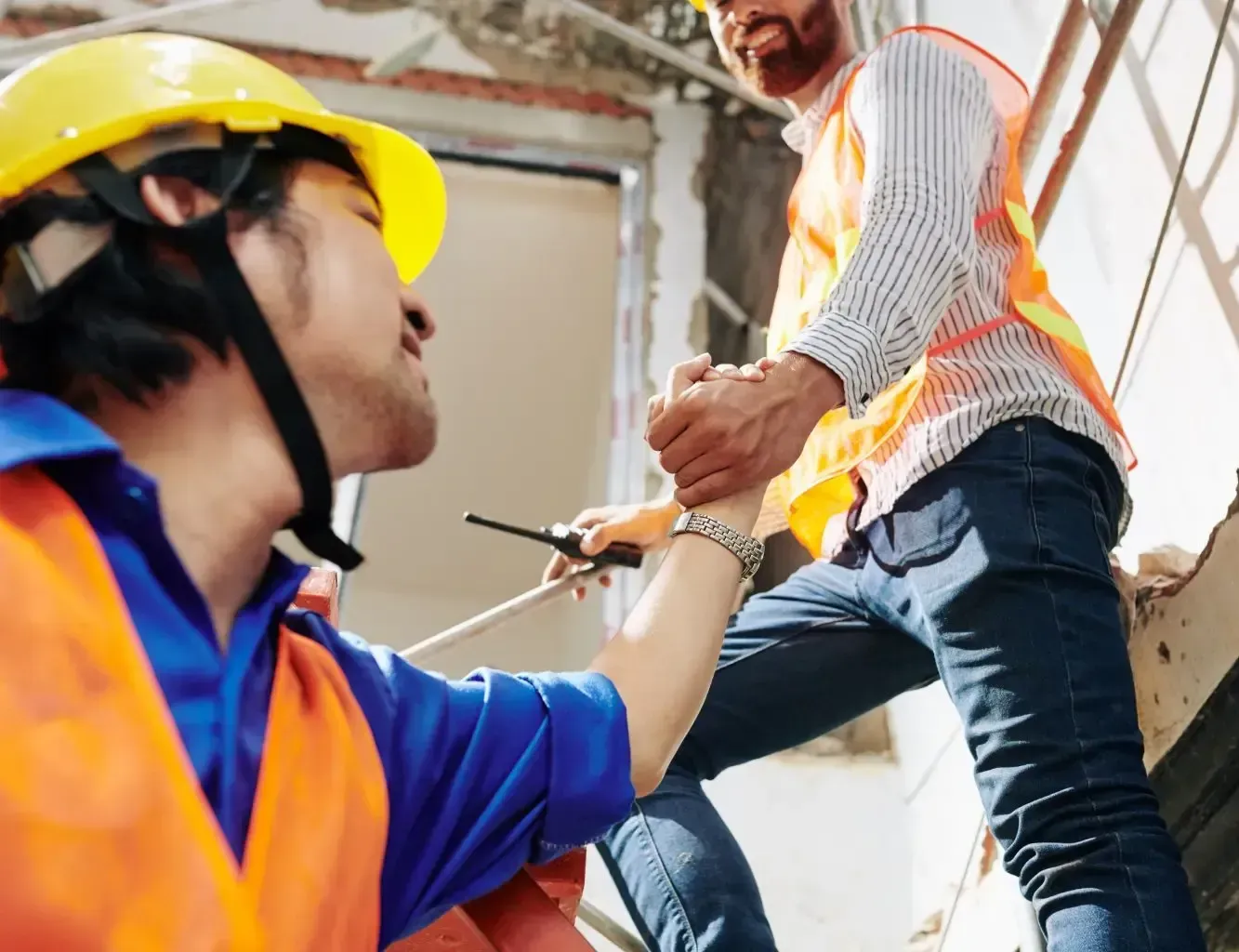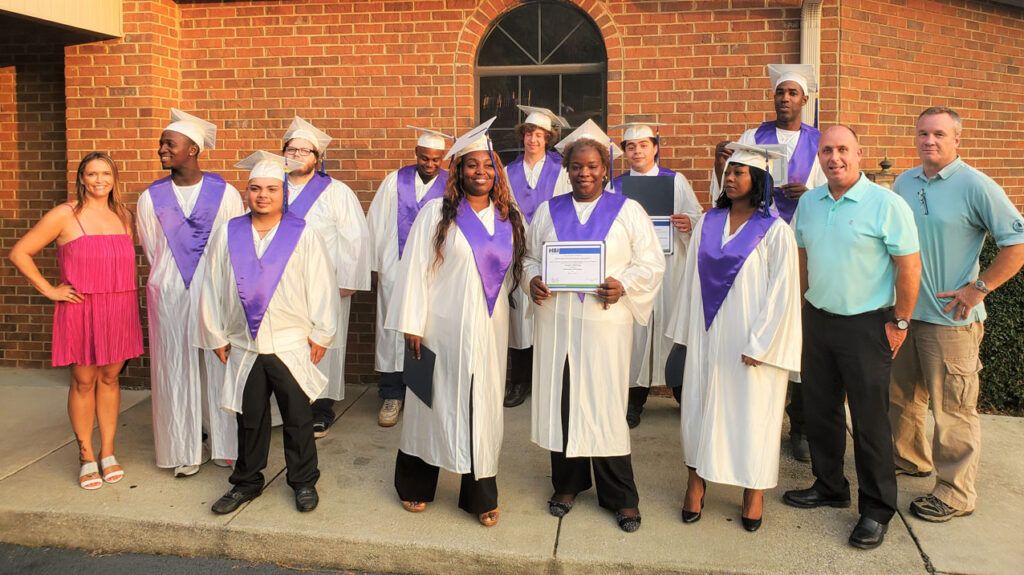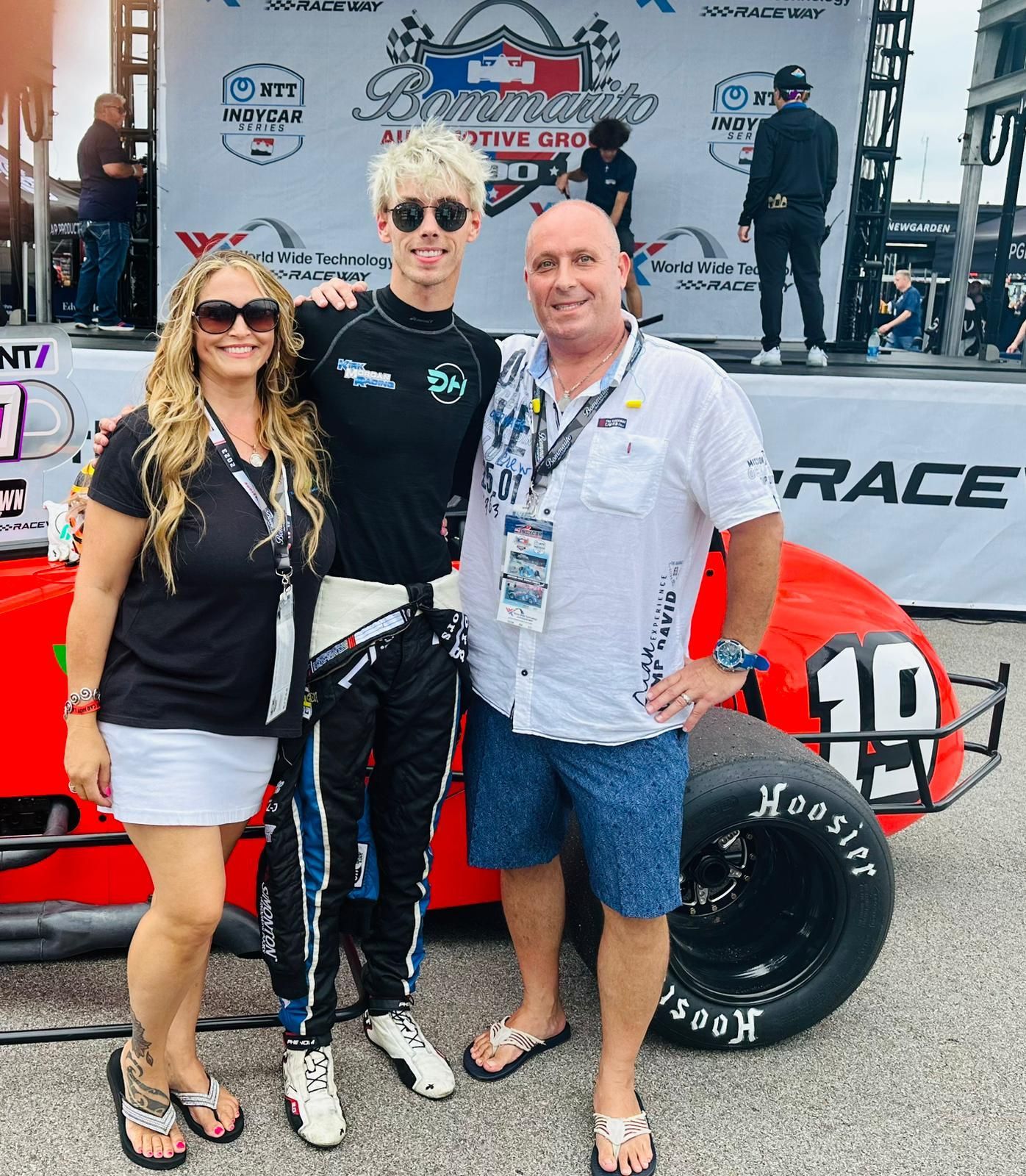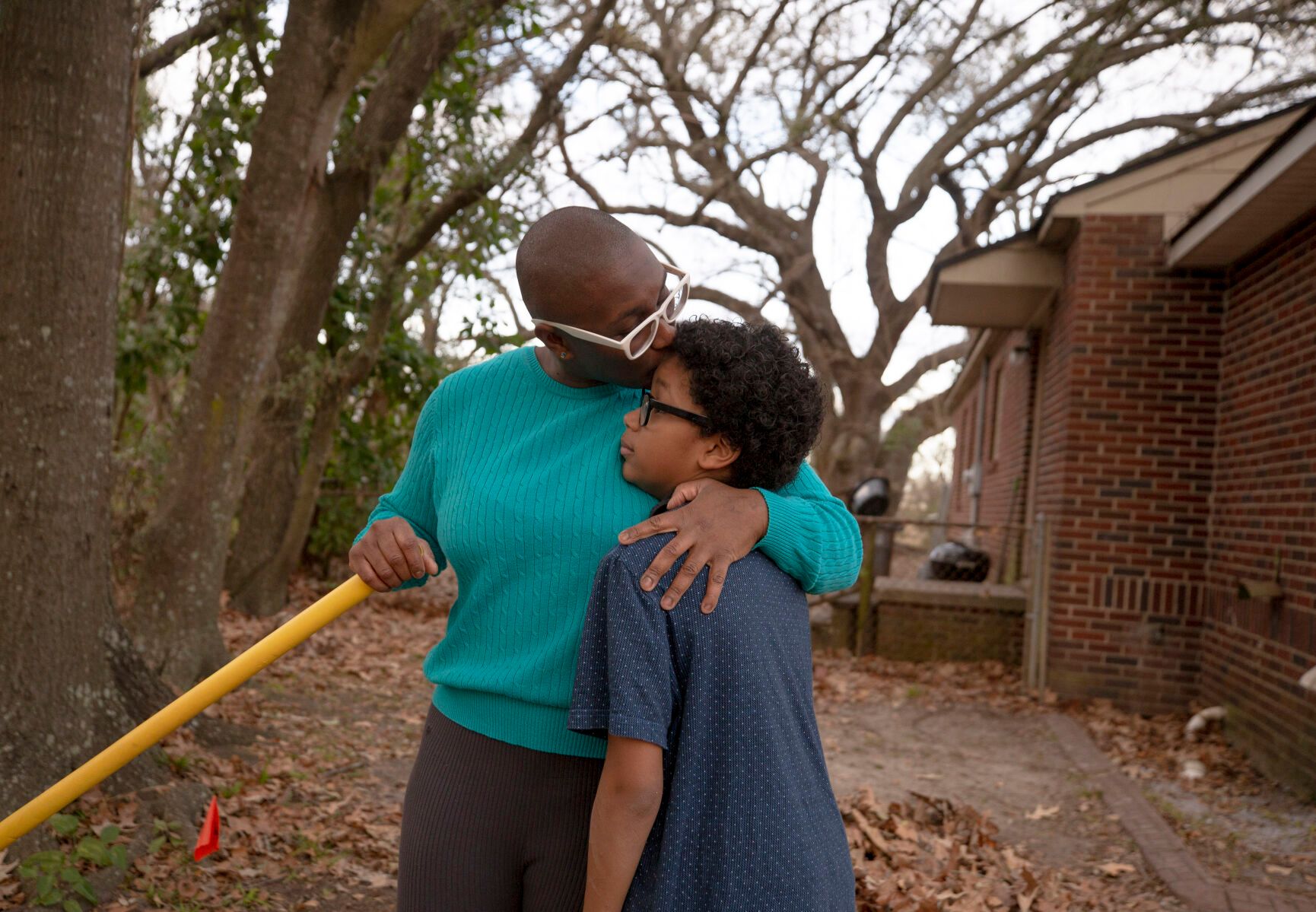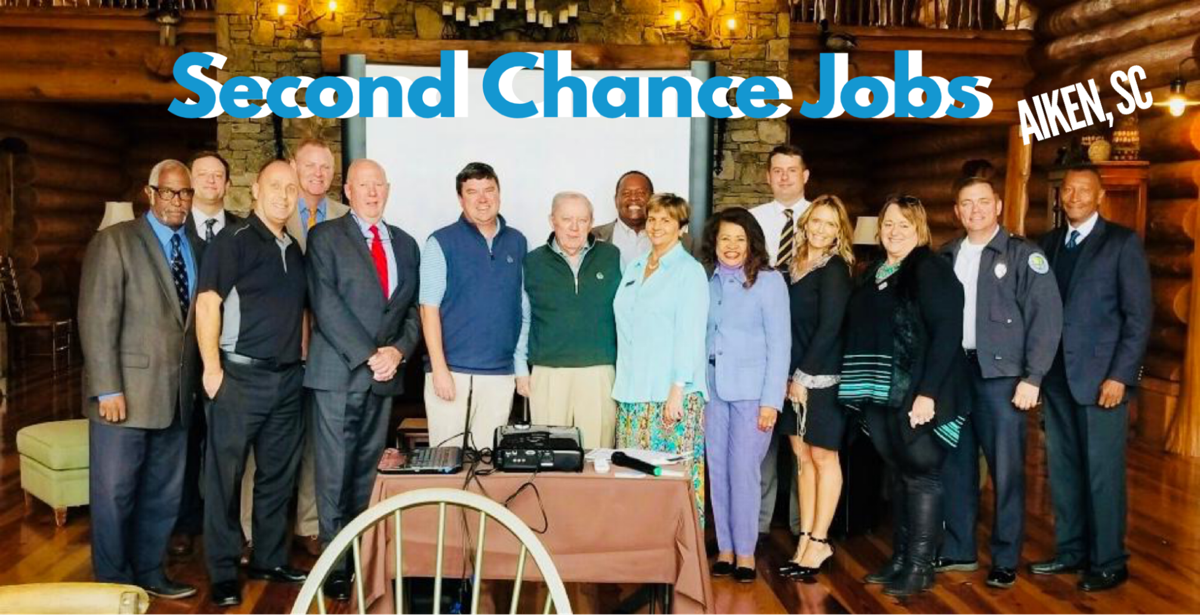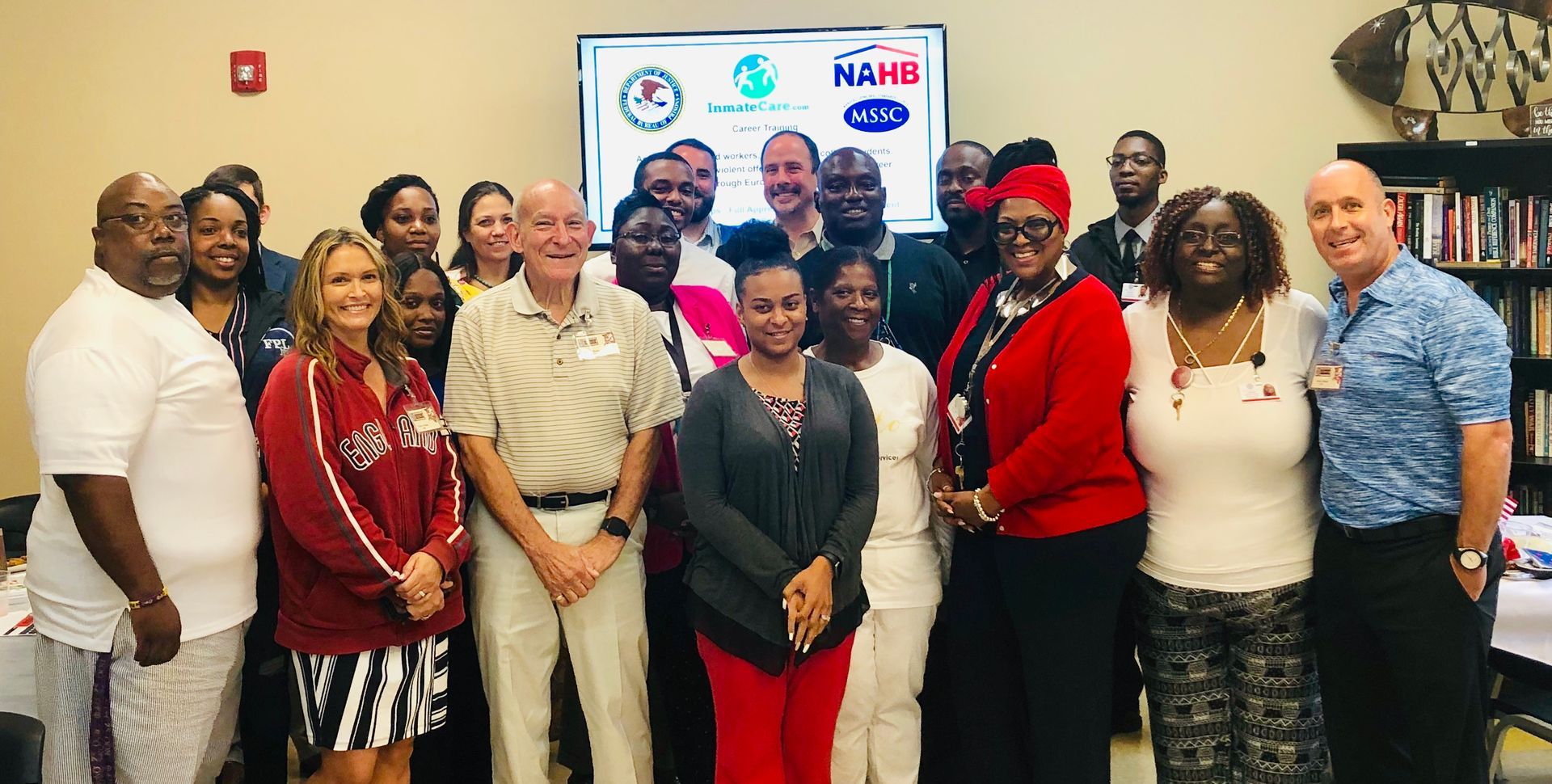New nonprofit to train formerly incarcerated, veterans, high school students in trades
Three years ago, Kelly Grant was charged with an armed robbery. Drug addiction — which stemmed from prescribed medication used after a surgery — led to the armed robbery of a local pharmacy. He served two years in prison and though he had a career before his incarceration, he wanted to do something different.
Grant has an associate degree in criminal science and had prior work experience with the state Department of Transportation and a private engineering firm. He isn’t sure if his incarceration kept him from getting a job, but when applying he did have to check the box to say he’s been convicted of a crime.
Grant learned about Second Chance Jobs, a nonprofit that created job-training programs for the trades and matched men and women released from prison with local businesses in Aiken and Augusta, Ga. Last year, the group extended the client reach to include veterans and homeless men and women.
“It’s kinda like a temp service but they are giving you an education in a field,” Grant said. It also helps people secure trade certification. He now installs showers and mocks up custom construction drawings. It’s more hands-on and more people-oriented, which he likes. He’s been in the job almost six months. Grant said he’s happier now.
Second Chance Jobs provides three to four weeks of academic training, building or manufacturing training, as well as mock interviews and help in writing cover letters and resumes. Of the 70 people who completed the program, only seven didn’t retain the jobs they were placed in.
Second Chance Jobs isn’t the only post-incarceration transition program in the area. Fresh Start Visions in North Charleston provides housing and connects people with hospitality-based jobs. In September, the state Department of Corrections began offering job training programs for current maximum security prisoners. The department has offered job training for lower level offenders for years.
Founded by Debbie Reese and Colin Slaven in 2018, Second Chance Jobs is branching to the Charleston area and expanding services to a more diverse group of people, which now includes high school and college students. The nonprofit has partnered with the National Homebuilders Association and the Homebuilders Association of Charleston. The nonprofit trains people in pest control management, electrical, plumbing, weatherization, HVAC and other trades.
“We’re working directly with high schools and colleges offering apprenticeship programs,” Slaven said. “We need to create the next generation of a skilled workforce.”
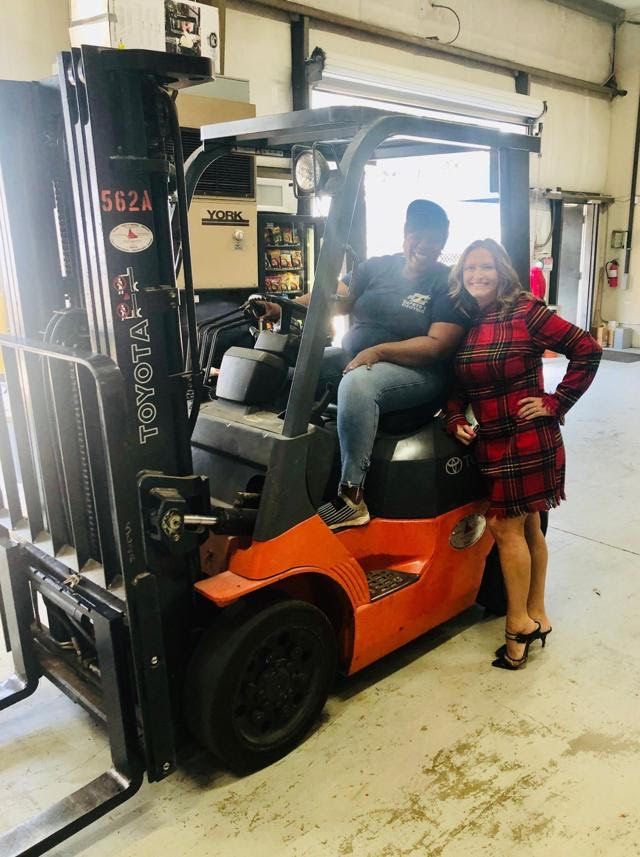
The school programs are under a different umbrella called 327 Careers. Reese said it is the lack of shop programs statewide that showed the need for a high school and college program.
North Augusta resident Sherrell Roberts completed the program last year. She doesn’t have a criminal background, but she’s struggled with finding a job that would help support her six children.
“We were given a lot of attention, so if we struggled with anything we got the attention we needed,” Roberts said. “We were introduced to different trades like electrical, HVAC, irrigation and carpentry.”
She’s worked as a welder, in kitchens and on an assembly line. She earned her GED diploma in 2012 and went to college to earn a degree as a pharmacy technician. “I did a lot of research and I wanted to do a trade that was best for me,” Roberts said. “I knew I was good with my hands.”
Roberts, 33, decided to focus her attention on the electrical trade. The classes included training on how to be professional, write a professional resume, cover letter and mission statement. They brought in business employees to do mock interviews. She was the first of her class to to receive a job interview, and shortly after, she was hired by Rob Zapata’s Electric.
“All my life I’ve worked dead-end jobs and I couldn’t finding a promising job,” Roberts said. “They found me not only an employer, but a family.”
Four months later she was promoted to a management position.
“I know I have job security,” Roberts said. “They didn’t just place me with somebody. They did everything they said they would, plus more. Now I’m financially stable.”
Reese said the Charleston-area class hasn’t been finalized yet, as 10 applicants are going through various phases of the application process. The class starts in March. The nonprofit will have classes at the Dream Center at Seacoast Church, 5505 N. Rhett Ave., North Charleston, and at three high schools in Charleston County. Reese said the organization is finalizing location spaces in West Ashley and Mount Pleasant.
For more information, go to secondchancejobs.org.
